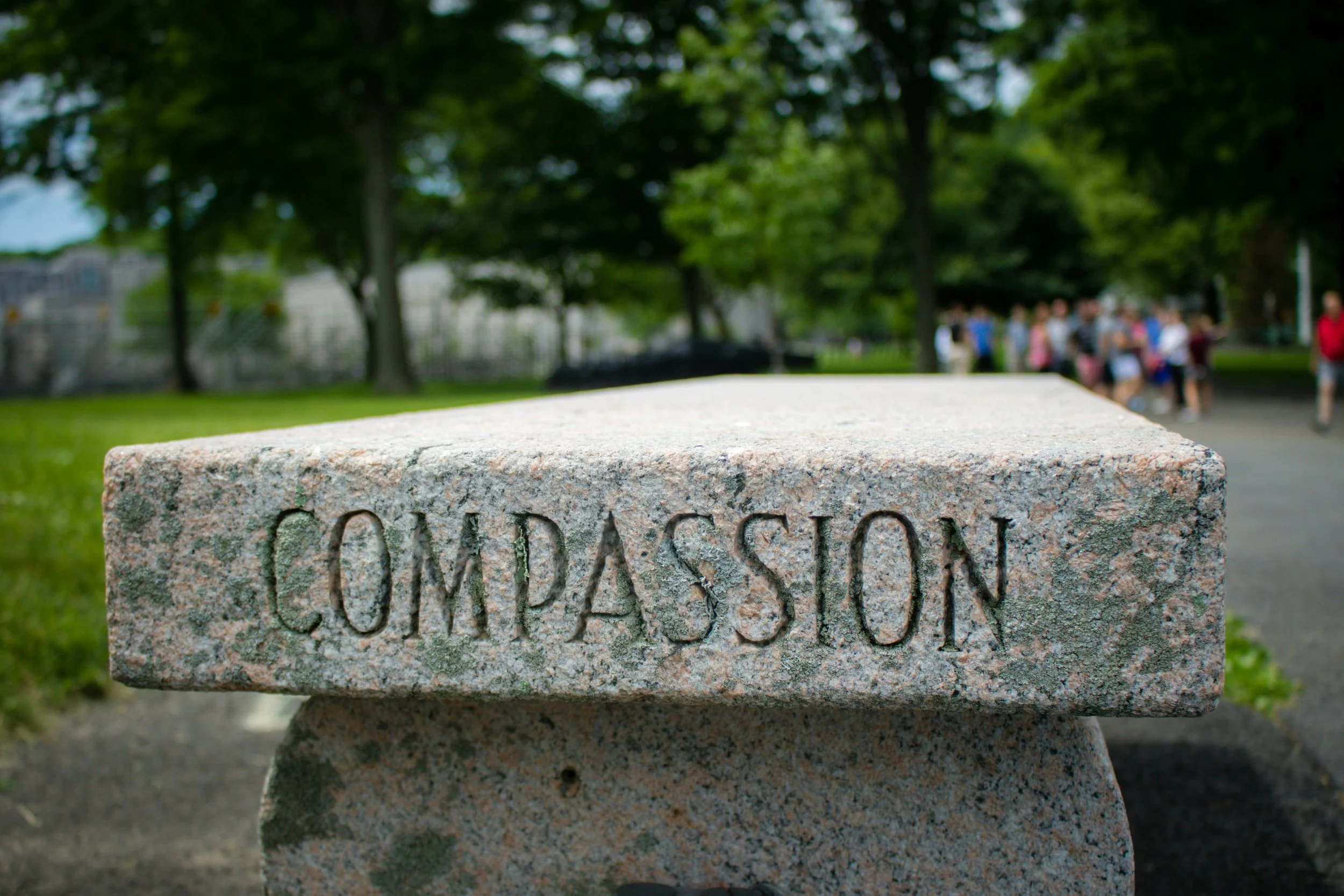Thankful but Tired: Managing Compassion Fatigue During the Holidays
The holiday season is filled with messages about joy, gratitude, and togetherness. For many families, this time of year is truly meaningful. Yet there is another side that we rarely talk about. Many of us are exhausted. We feel stretched between work, family obligations, financial pressures, and the emotional labor of caring for others. It is possible to love your life and still feel tired. It is possible to be thankful and overwhelmed at the same time.
Compassion fatigue is what happens when our care for others begins to drain our emotional and physical reserves. It shows up gradually. Maybe you feel irritable, disconnected, or more sensitive than usual. Maybe you are the person everyone turns to, and although you care deeply, you are running on fumes. The holidays often intensify this feeling because they ask for more time, more emotional availability, more presence, and more giving.
If this is you, you are not alone. There is nothing wrong with you. Your exhaustion is a sign that your heart is working very hard.
Why Compassion Fatigue Shows Up Most During the Holidays
The holiday season often places caregivers in the center of planning, organizing, and holding the emotional tone of gatherings. If you are a parent, educator, caregiver, or support person, others may depend on you to create moments of comfort and connection. You might be the one organizing meals, coordinating visits, helping children navigate excitement and overstimulation, or simply making sure everyone else feels seen.
These roles are meaningful and valuable. However, they also require a great deal of emotional energy. When we pour into others without receiving support, we begin to feel drained, even if our heart is in the right place.
Signs You May Be Experiencing Compassion Fatigue
You feel constantly tired, even after resting.
You notice irritability or frustration in situations that did not bother you before.
You feel numb or disconnected from your emotions.
You struggle to find joy in activities you usually enjoy.
You feel guilty when thinking about taking time for yourself.
If any of these resonate, it does not mean you are failing. It simply means your care tank needs refilling.
Allow Yourself to be Human
We often push ourselves to hold everything together. We tell ourselves, “I should be grateful” or “Other people have it harder.” While gratitude is powerful, it should not silence your real needs. You can be grateful and tired. You can love your family and still need space. You can care deeply and still reach your limit.
Giving yourself permission to feel what you feel is the first step to healing compassion fatigue.
Gentle Practices to Refill Your Emotional Cup
You do not need a full day at a spa or a major time commitment. Small, consistent acts of care can help your nervous system reset.
Try one or two of these:
Take a slow, intentional breath before responding to others.
Pause. Let your body catch up.Schedule a 15-minute break each day that belongs only to you.
No multitasking. Just be.Say no gently and confidently when needed.
“I am not able to take that on right now” is a complete sentence.Let something be easy.
Buy the store-bought pie. Use paper plates. Let go of perfection.Share the emotional load with someone you trust.
Sometimes saying “I’m tired” out loud brings relief.
You Deserve Care Too
This season, let your gratitude include yourself. Be thankful for your heart. Be thankful for your effort. Be thankful for the way you show up. And allow yourself to rest. Rest does not take away from your kindness. It strengthens it.

